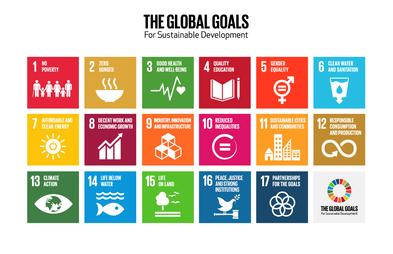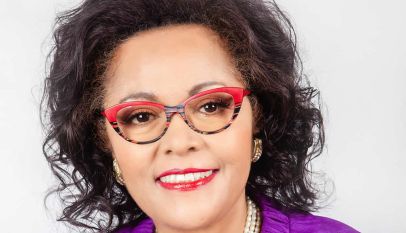UNICEF trains Kano youth advocates on mainstreaming SDGs in advocacy
The United Nations Children’s Fund (UNICEF) and Kano State Universal Basic Education Board (SUBEB) on Friday commenced 2-day training on mainstreaming of the 17 Sustainable Development Goals (SDGs) in advocacy campaigns, for Kano youth advocates, a youth group focused on holding politicians accountable for their promises in respect to education.

The SDGs are a collection of 17 ambitious development goals adopted by the United Nations General Assembly (UNGA) in 2015; as successors to the Millennium Development Goals (MDGs) which expired in 2015.
The training, which was conducted through the World’s largest lesson (WLL) initiative – that seeks to facilitate all schools from around the globe to teach their pupils about the SDGs – was conducted under the auspices of the third phase of the Girls Education Project (GEP3), funded by the UK Department for International Development (DFID).
The workshop was aimed at building the capacity of youth advocates by enhancing their understanding of SDGs so as to empower them to take action towards realizing the goals by 2030; it was also aimed at enhancing the learning opportunities inherent in young people so as to help them explore and benefit from the SDGs.
By the end of the training, the youth advocates were expected to understand the benefits and opportunities provided by SDGs as well as develop and implement an action plan that would help inspire and train other youths in their localities to also begin to take action towards the realization of SDGs by 2030.
A training facilitator, Albert Nneke of the National Commission for Mass Literacy, Adult and Non-Formal Education, said 4Ps would be integral to achieving the 17 SDGs i.e People, Planet, Prosperity and Partnership.
He however said the most important of the 4Ps was “People” adding that: “Until the people are committed to the realization of the 17SDGs by 2030, these goals would merely remain on paper. One of the ways the people can help achieve that is by holding governments accountable and ensuring that government policies are geared towards SDGs and their indicators.”
While speaking at the workshop, Professor Aishatu Abdul-Ismail, chairperson of the High-Level Women Advocates (HiLWA), a UNICEF-initiated network of influential women focused on high level advocacy for gender-responsive change, advised the youths to take ownership of the quest for the realization of the SDGs by 2030. She noted that although the governance space may not be favourable, with consistent efforts and determination, the 17 SDGs could still be achieved by 2030.









